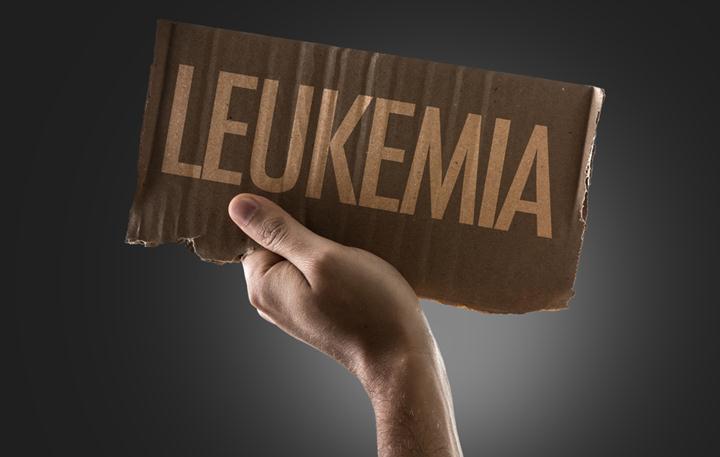Menopause can be frustrating, irritating, embarrassing, and feel like the end of the world. Not only do the physical and behavioral symptoms of hot flashes, night sweats, urinary incontinence, and a dry vagina make it wildly uncomfortable, many women have difficulty accepting this change psychologically. Luckily, there are many treatment options available for handling most of these symptoms, and menopause need not mean a woman’s life is over.
Menopause Treatments
Hormone therapy is often recommended by doctors. Estrogen and progestin medications can help relieve many of the difficult symptoms. Vaginal estrogen is available in creams, tablets, and rings that will relieve dryness. The mood swings that also come along may be manageable for some. Others may need a little bit of help, and experts have found selective serotonin reuptake inhibitors to be very helpful. These are far from the only options available, however; talk to your doctor about the best course for you. As the vaginal tissue loses strength and elasticity, urinary incontinence may become an issue. Begin kegel exercises to strengthen the pelvic floor to improve your ability to hold urine and prevent stress urinary incontinence.
Lifestyle Changes
Some of the largest contributors to mood changes are the night sweats and insomnia that prevent women from receiving comfortable unbroken sleep. The less sleep you have, the worse your brain functions. Making changes to your daily routine and finding ways to get more sleep may help relieve a lot of the symptoms. If you haven’t already begun eating well and getting regular exercise, menopause may be a good time to start. The metabolism begins to slow down, which means many women face weight gain and unexpected changes to their bodies. Because the risk of heart disease increases significantly after menopause, it is doubly important to take good care of your body.
Psychological Implications
Many women feel that menopause means they aren’t a woman anymore. And while, yes, it is the cessation of the menstrual cycle and childbearing, that doesn’t mean it has to be the end of the world. Menopause doesn’t make you any less of a woman. Once you’ve taken steps to manage the unusual vaginal dryness you may be experiencing, you can continue a healthy, active sex life—without the worry of surprise pregnancy or the cramps and PMS of menstruation. Meditation and relaxation exercises may help you handle this natural biological occurrence more easily. And there’s nothing wrong with seeking help. Every woman in the world goes through this, so at the least, remember: you don’t have to do it all by yourself.
Featured Image Source: DepositPhoto / garagestock







